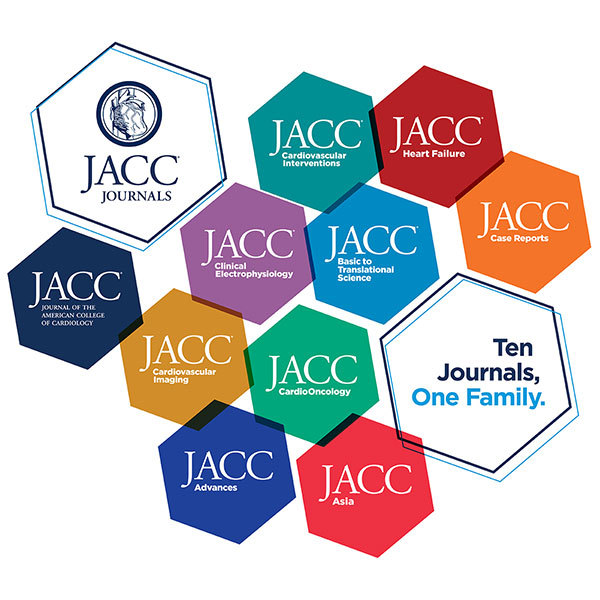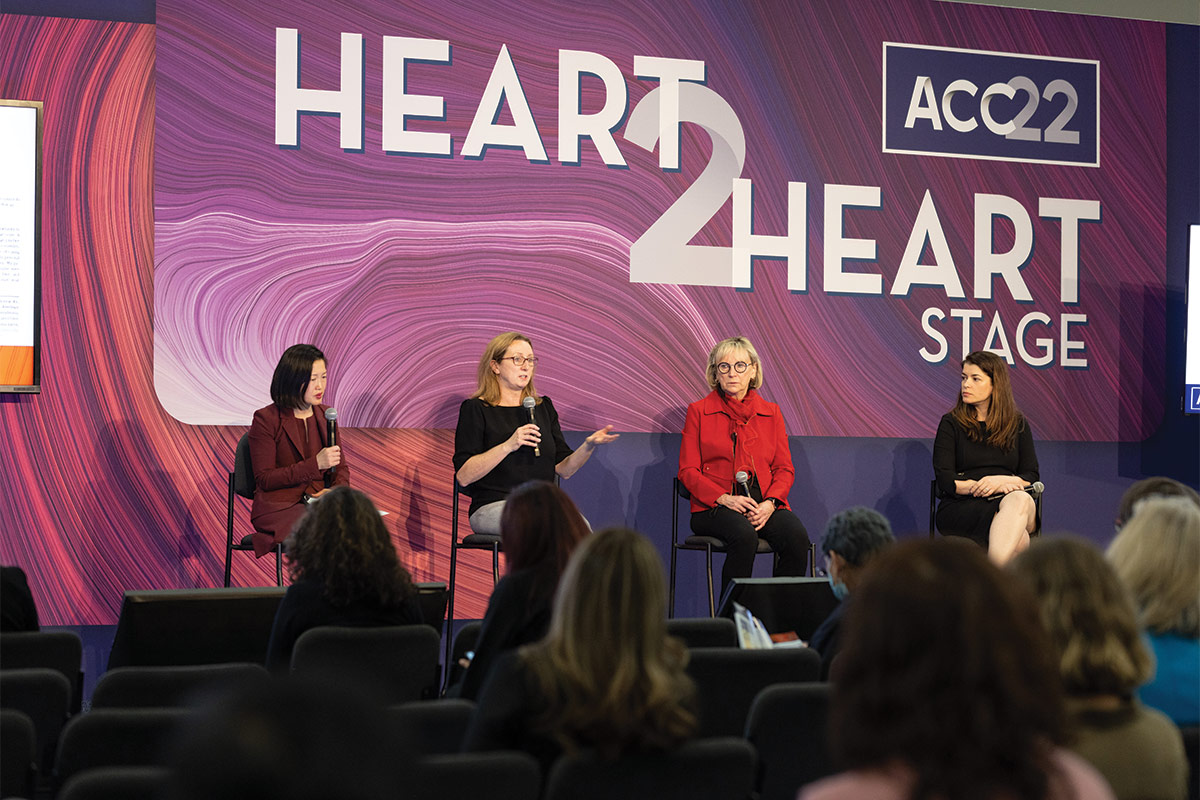JACC Journals Session, James T. Dove Keynote Addresses Quality of CV Research

COVID-related research developed with astonishing speed, but that impressive accomplishment also upended some long-established norms in how medical research is judged, showcased and used in clinical practice. Concerns about how evolving research methods could affect the quality of medical research have been brewing in recent years and they will be examined in a JACC Journals session today.
"The fundamental question is, 'What is quality and when can frontline doctors, patients and society trust the findings of research?' especially in these hyper-accelerated times where everything is instantly on Twitter or the national news. How should science adjust to this?" asks Y.S. Chandrashekhar, MD, FACC, co-chair of the session and editor-in-chief of JACC: Cardiovascular Imaging.
Three JACC Journals editors-in-chief, Douglas L. Mann, MD, FACC, editor-in-chief of JACC: Basic to Translational Science; Kalyanam Shivkumar, MD, PhD, FACC, editor-in-chief of JACC: Clinical Electrophysiology; and Candice K. Silversides, MD, editor-in-chief of JACC: Advances, will join a panel discussion on the evolution of cardiovascular research before opening the discussion to the audience. Among the topics discussed will be how to ensure "value" in medical research.
"Is the Quality of Cardiovascular Research Declining? What Research Should Continue to be Pursued? Featuring the James T. Dove Keynote – A JACC Journals Session," will take place today from 2–3:15 p.m. in Room 147A.
"Our ultimate goals as physicians, scientists and editors are to translate science into actionable knowledge and to promulgate the most rigorous science that will advance patient care," says Bonnie Ky, MD, MSCE, FACC, editor-in-chief of JACC: CardioOncology and co-chair of the session. "However, the medical community faces significant pressure from multiple directions. We need to ensure these pressures do not impact the quality of research."
For example, the COVID-19 pandemic spurred the scientific community into action and researchers raced against the clock to find ways to manage and treat the unknown virus spreading around the globe. The quest for answers often meant that research underwent an expedited peer-review process and was shared directly on nontraditional platforms, reaching the press, doctors and other audiences at the same time.
"There was the advantage of quickness, but we couldn't consistently separate the wheat from the chaff in a robust manner," Chandrashekhar says of the accelerated review process.
According to Ky, the changes and lessons from COVID-19 have undoubtedly affected not only current research methodology and review but also the training of future researchers – a subject she says will also be an important element of discussion during the Session.
"We need to invest significantly in our trainees and ensure they have the necessary mindset and training to support rigorous and reproducible science, and not just time to publication," she says.
In addition to the panel discussion, JACC Editor-in-Chief Valentin Fuster, MD, PhD, MACC, will explore the intersections of health, technology and humanism in the James T. Dove Keynote. While new technologies like artificial intelligence, imaging and genetics hold real promise for improving patient care and outcomes, the good intentions could be hijacked by political and financial motives if left unchecked, says Fuster.
"These digital technologies are going to dictate a lot of things in terms of patient treatment," Fuster says. "But will we be able to respect the patient as a human being? That is the challenge." According to Fuster, it will be critical to maintain the humanism in health care and incorporate ethics into teaching programs.
In addition to technology and humanism, Fuster will also address the importance of shifting today's research paradigm, which is heavily focused on treating existing disease, to earlier detection. "There is a greater need to study health within three age ranges: from birth to age 20 years, ages 20 to 60 years and 60 to 100 years," he says.
"In his role at JACC, Dr. Fuster fields some of the most cutting-edge science in cardiology. He has a great understanding of where science is going and it will be very interesting to hear his thoughts about what we should do to make it go in the right direction," Chandrashekhar says.
Ultimately, Ky says she hopes attendees will come away from the entire session with a deeper understanding of the current state of research and be motivated to work collaboratively towards high-quality science to ultimately improve the care of patients.
Lounge & Learn Pavilion
The Lounge & Learn Pavilion in Hall D is the central hub of ACC.22 – meet up with your colleagues, live stream sessions from the session rooms, or participate in informal sessions in the various lounges. Plus, back by popular demand, the Heart 2 Heart Stage will feature informal conversations with experts on topics ranging from social media to the role of APPs in the cardiovascular care team. For more information, search the ACC.22 App.

Keywords: ACC22, ACC Annual Scientific Session, Newspaper Article, ACC Scientific Session Newspaper
< Back to Listings

